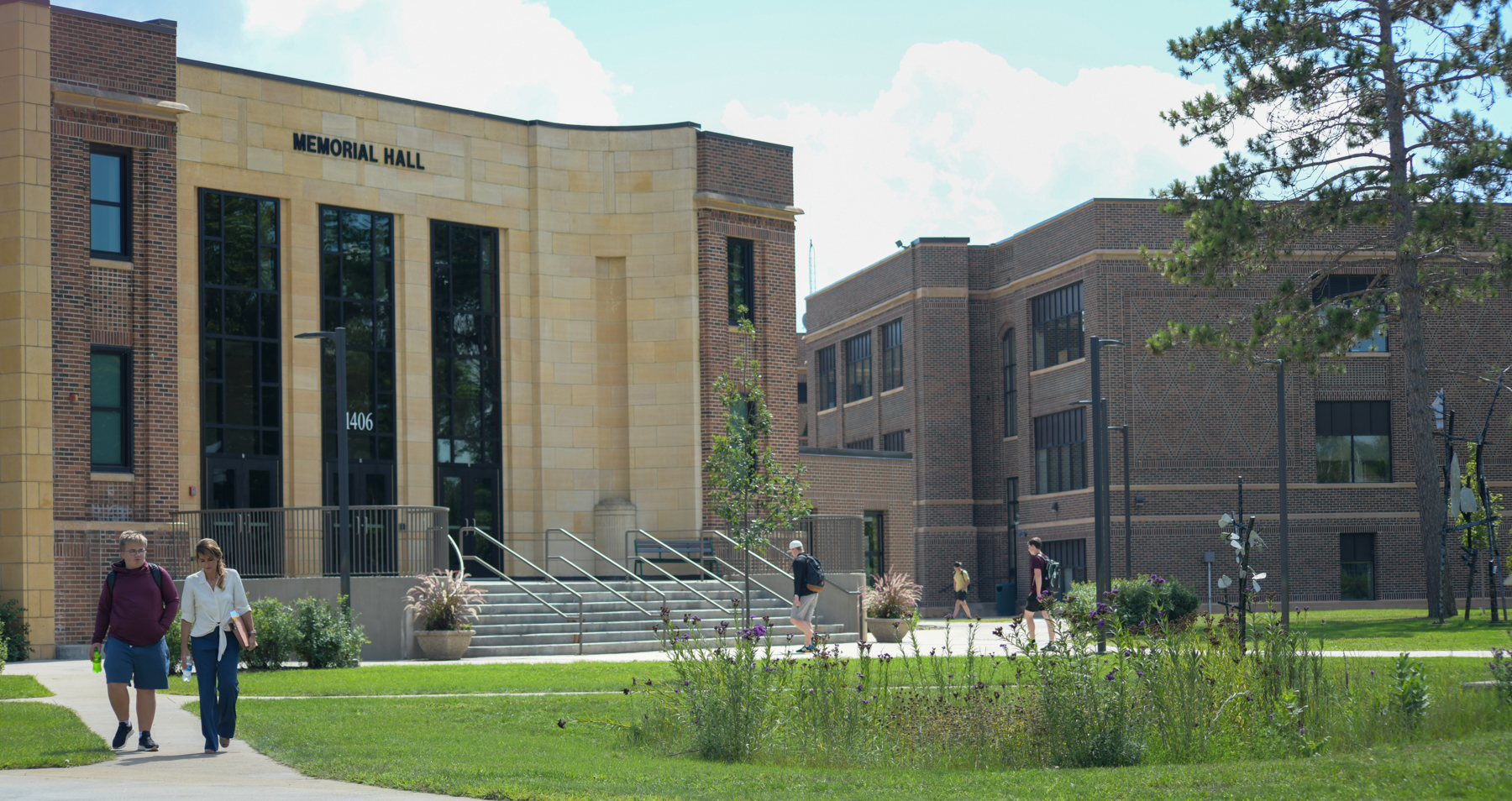
Minnesota State, the system of 26 state colleges and seven state universities, released the results of a study that estimates the impact of Bemidji State University and Northwest Technical College on the regional economy to be $310.4 million and 2,277 jobs.
“Minnesota State is making a bold request for state funding this year, and this economic analysis demonstrates the value of that request. As this report shows, each dollar the state invests into Minnesota State institutions like Bemidji State University and Northwest Technical College induces over $310 million in economic activity in the state,” Dr. John L. Hoffman, president of Bemidji State University and Northwest Technical College, said. “That’s a huge multiplier effect and an essential key to our future.”
The study was commissioned by Minnesota State and was conducted by Parker Philips, a nationally recognized consulting firm specializing in economic impact analysis.
“An economic contribution analysis is an objective way to measure the significance of an organization in the regional economy,” said Nichole Parker, president of Park Phillips. “The numbers speak for themselves — Bemidji State University and Northwest Technical College clearly are important contributors to the regional economy.”
In the analysis, the study considered the direct spending on operations, pay, benefits and capital projects by BSU and NTC and the estimated increase in demand for goods and services in industry sectors that supply or support the institutions. The study also measured the effect of student spending and the induced effect of increased household income.
According to the study, a key result of this activity is that BSU and NTC support and sustain 2,277 jobs including direct employment by the institutions as well as indirect and induced jobs created by supply and equipment vendors, contractors and laborers for the construction and renovation of facilities and jobs created in the community at hotels, restaurants and retail stores in support of BSU and NTC faculty, staff, students and visitors. Of particular note, the Sanford Center, Bemidji’s 4,700-seat multi-purpose arena and convention center that’s home to BSU Beaver Hockey, BSU and NTC commencement ceremonies and other events, supports over 200 local jobs.
The study also calculated tax revenues generated by this level of economic activity, including sales, property, personal income and corporate income taxes. The study concluded that BSU and NTC generate about $22.5 million in tax revenues for state and local government.
The study further estimated the value of the increase in productivity that the degrees awarded by BSU and NTC yield throughout the careers of the graduates. Assuming a 40-year work life, the education received by these graduates will yield additional state income of $24.8 billion (future value, discounted and adjusted to account for such factors as foregone income while attending school and outmigration).
“The 32,000 BSU and NTC alumni living in Minnesota each contribute nearly $20,000 of economic activity in the state each year. Even more staggering is their collective impact on Minnesota’s economy throughout their careers — nearly $25 billion. This demonstrates the value that a well-trained, skilled and highly educated workforce delivers to the state’s workforce,” Hoffman said.
BSU and NTC’s sharp focus on offering innovative, relevant academic programs and their commitment to student success are key pieces to their alumni’s economic impact. Some of the schools’ most unique programs include exhibit design, aquatic biology, Indigenous studies, dental assisting, gerontology and aging care and residential plumbing/HVAC. BSU and NTC award more than 1,100 degrees and certificates to graduates each spring.
Statewide, all Minnesota State operations, including all seven state universities and 26 community and technical colleges, plus the spending of its faculty, staff and students, had a total statewide economic contribution of $8.4 billion. This activity generated an estimated 62,125 jobs in the state.
